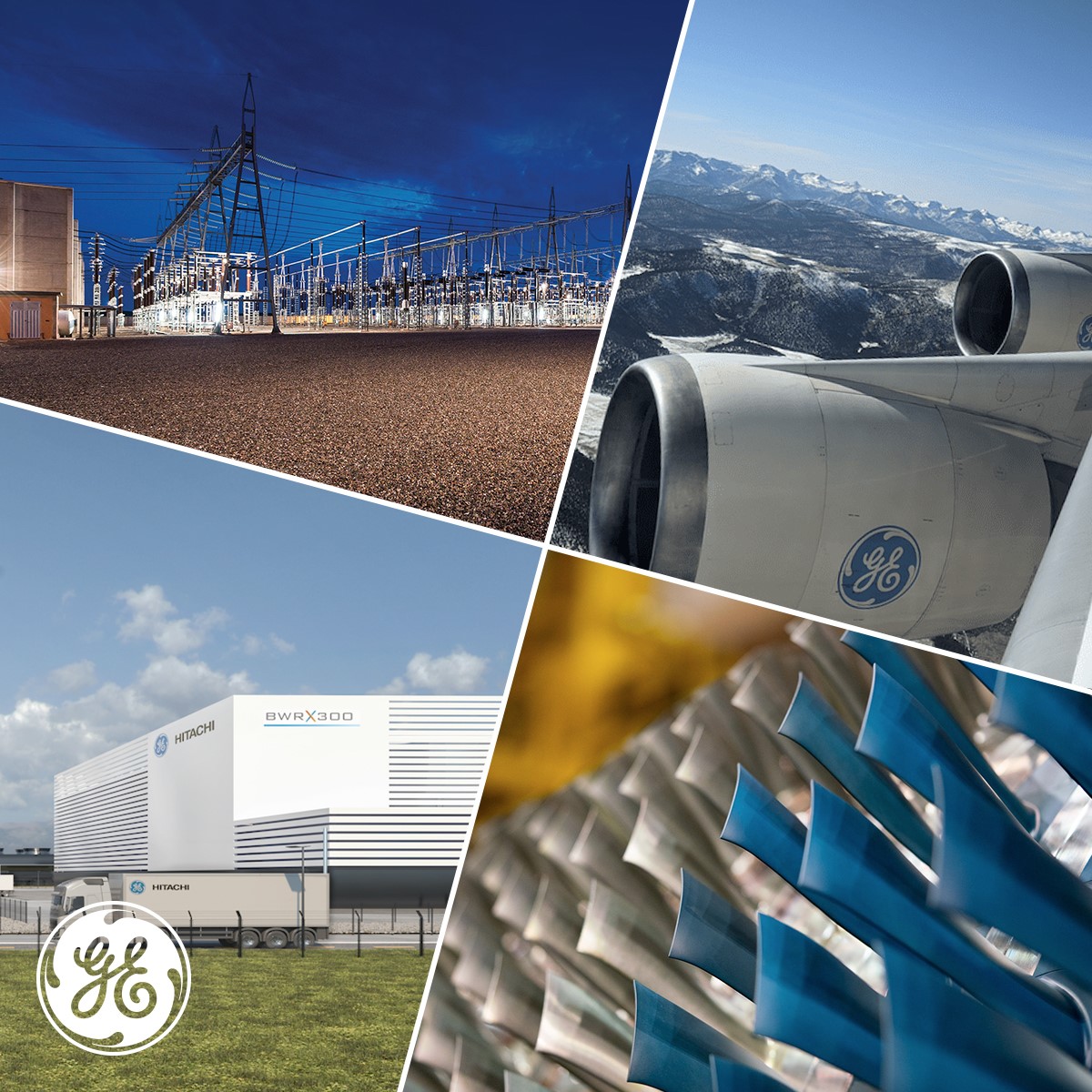Increased investment in decarbonization technologies and Sustainable Aviation Fuel, modernized grids, and advances in nuclear energy technology to drive sustainability in 2022
GE (NYSE:GE), a world leader in power generation, today revealed key energy trends that will lead the way towards a more affordable and sustainable future for the Middle East region. These include increased investment in decarbonization technologies and Sustainable Aviation Fuel (SAF), modernized and resilient grid systems and advances in nuclear energy technology.
Dr. Dalya al Muthanna, Global Chief of Strategy & Operations and President – UAE for GE International Markets said, “GE produces a third of the world’s power and up to half of the GCC’s power. As a leader in power generation, GE has identified major energy trends that will help to drive a more sustainable future in 2022 and beyond. We can expect to see increased investment in decarbonization technologies to transition natural gas to a low carbon energy source in addition to dramatic investment and research into accessible Sustainable Aviation Fuel to help realize net zero carbon goals in the aviation industry. Data analytics and artificial intelligence will also play a key role in modernizing electric grids and advances in nuclear energy will be very visible. Through these trends, GE will remain committed to supporting partners on the future of energy.”
There will be increased investment in decarbonization technologies including CCUS and hydrogen to transition natural gas to low carbon energy source. The industry can expect to see increased investment in decarbonization technologies including Carbon Capture Utilization & Storage (CCUS) and hydrogen to transition natural gas to a low carbon energy source. GE has projects around the world focused on coal-to-gas switching and hydrogen. GE is also actively investing in breakthrough technologies that reduce gas emissions even further, through the use of hydrogen or CCUS. In the Hamriyah Independent Power Plant in Sharjah, using three GE 9HA units in combined cycle operations is expected to help Sharjah Electricity, Water and Gas Authority (SEWA) reduce carbon dioxide emissions by up to 4 million tons per year. A recent joint cooperation initiative between ADNOC and GE is also exploring using hydrogen and hydrogen-blended fuels for lower-carbon power generation.
A more modernized, resilient grid is needed to meet demand and weather challenges. The growing utilization of data analytics and artificial intelligence will be used by utilities to create a complete view of the electric grid in 2022 and beyond. In Bahrain, GE is helping to modernize electricity and water networks by installing industry-leading grid software in a state-of-the-art control center that will digitize operations for increased efficiency and operations redundancy.
Next generation advances in nuclear energy technology will be crucial. Nuclear energy is essential to achieve the net zero carbon emission goals of the Paris Agreement and the 2030 Sustainable Development Goals, and advances in nuclear energy technology will be highly visible. Unlike traditional nuclear reactors, small modular reactors can be deployed faster and at a lower cost, making them more flexible solutions. In the MENA region, the first phase of the Barakah Nuclear Power Plant in the UAE has generated over 2,100 GWh of cleaner electricity, and cut emissions of over 950,000 kilotons of CO2. Saudi Arabia plans to build two large nuclear power plants (NPPs) with the goal of achieving 17GWe of nuclear capacity by 2040 that will meet 15 percent of the Kingdom’s needs. GE commenced the manufacturing of blades for the Arabelle steam turbines that will help to power El Dabaa, Egypt’s first nuclear plant. The facility is expected to deliver enough CO2-free electricity to power more than 4 million homes to support Egypt’s energy sector diversification.
In aviation, we will see a dramatic increase in investment and research into accessible Sustainable Aviation Fuel (SAF). SAF is an alternative for fossil-based jet fuel, which has the potential to reduce fuel lifecycle carbon emissions by up to 80% and is expected to help the aviation industry meet its net zero carbon goals by 2050. GE has been actively involved in assessing and qualifying SAF since 2007 and has recently initiated collaborations with Emirates and Etihad Airways on test flights and research programs to increase the use of SAF in today’s flights.
GE has been a partner in the region for more than 80 years. Throughout the decarbonization journey, GE is committed to creating a more sustainable future for people and the planet. GE expects to see these trends make a difference around the world as the company continues to work with its customers on a common goal for a cleaner future.
ENDS













